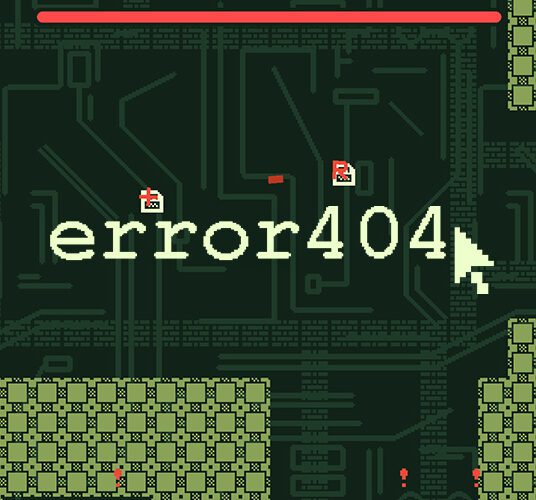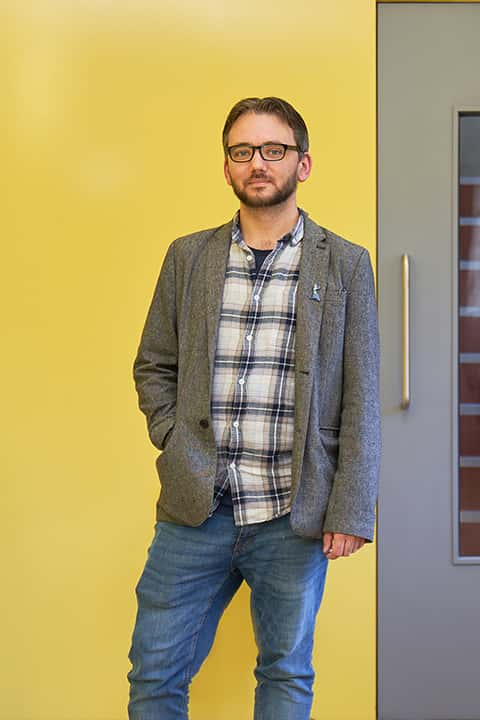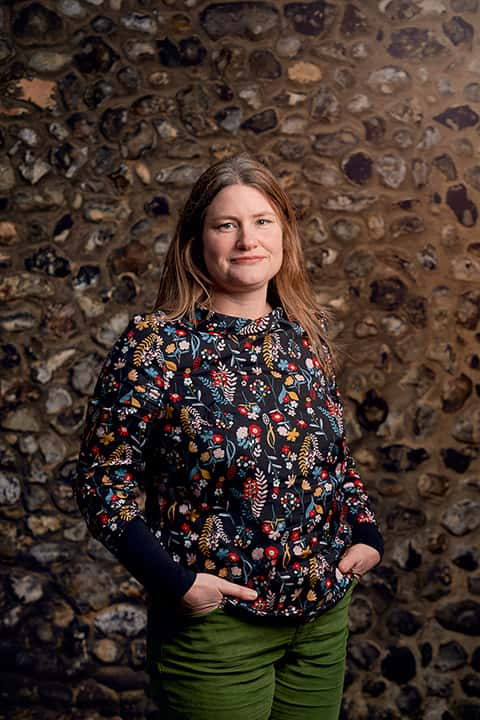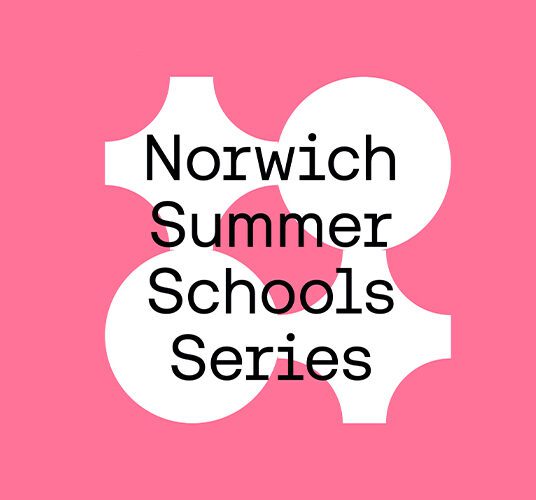




Animation and Visual Effects BA (Hons)
Length:
3 or 4 year options
UCAS Code:
W618 (3 Year)
W617 (4 Year)
Institution Code:
N39
Sandwich courses:
Creative Professional Development (1 year, Level 5 diploma), or Creative Computing (1 year, Level 5 diploma), available between years 2 & 3
Develop the creative and technical skills behind the latest Hollywood blockbusters and learn from award-winning studio professionals.
BA (Hons) Animation and Visual Effects offers a perfect balance between mastering the fundamental principles of animation and visual effects and breakthrough techniques. As you become an expert ‘world builder’, you’ll use visual effects to create character designs, enhance stories, work with directors or film your own shots, helping to develop a portfolio that could fast-track you into the animation or VFX industries.
Why study with us
- Explore the major animation and visual effects techniques including digital 2D, 3D and compositing to underpin your visual effects projects.
- Learn about asset development, look development, lighting, texturing, rendering, compositing, photorealism and all you’ll need to build your environments.
- Develop an understanding of audience, context, film language and the elements of compelling storytelling.
- Develop research and critical evaluation skills to conduct ethical research and respond to projects with an evidence-based approach rooted in solid research and reasoning.
- Attend masterclasses and guest lecturers from major studios and veterans. Previous guests include studios behind Jurassic World, Star Wars, the Toy Story franchise, The Last of Us, Stranger Things, The Lion King, Avengers: Endgame, Ready Player One, Entergalactic, Prehistoric Planet and Blade Runner 2049, and industry veterans such as Ed Hooks and Phil Tippett among others.
- Learn in a collaborative studio-based environment – something the animation and VFX industries rely on.
- Engage with industry events such as FMX and the London VFX festival.
- Access education versions of industry-standard software such as Autodesk, Maya, Arnold, Adobe Substance Painter, Houdini and more during your study, and a subsidised commercial version of Nuke – the industry-standard VFX/compositing software used in major studios – after graduation.
Award winning
Norwich University of the Arts is ranked as one of the top 30 creative schools in the world by the Rookies Global School Rankings 2023, which also placed us 7th for 3D Animation and 13th for Production Excellence in VFX in their global rankings.
Course Content
Year 1
- Learn to see: study visual effects fundamentals about lenses, pixels and light to see differently
- Explore the major animation techniques including digital 2D and 3D
- Gain understanding of the principles of animation and visual effects: dynamics; character design; storyboarding; production; skills of observation; editing; green screen/compositing; photorealism, perspective; theatrical stagecraft; show reel design
- Progress from making two-dimensional flat imagery towards testing 3D designs
- Have the opportunity to attend industry talks, presentations and discussions with key animation and visual effects companies and professionals
- Develop an understanding of media roles and practices.
Year 2
- Build on fundamental visual effects skills and practice animation principles with enhanced progression from 2D to 3D
- Focus on production areas of your choosing and continue to explore your chosen areas of specialisation and develop your skills, with the potential to combine techniques
- Learn about Look Development, lighting, texturing, rendering and all you’ll need to build your environments
- Develop an understanding of audience, context, film language, and the elements of compelling storytelling
- Opportunities to engage with industry professionals through live briefs and conferences
- Collaborate in flexible, open-ended and innovative ways to build amazing showreels
- Attend industry talks, presentations and discussions with key animation and visual effects companies and professionals.
Year 3
- Develop a professional portfolio of work
- Gain powerful project management techniques to ensure you can lead animation and visual effects teams and increase job prospects
- Research, prepare and complete a final major production, and produce a Research Report in a field related to your final production
- Develop a plan to market and promote yourself, and show your ‘creative edge’ to sell yourself to employers
- Take part in industry talks, presentations and discussions with key animation and visual effects companies and professionals.
Careers Information
By the end of your degree, you’ll have developed a professional portfolio of work and a plan to market yourself and show off your ‘creative edge’. Our graduates have gone on to work at ILM, DNeg, Framestore, The Mill, Electric Theatre Collective, Epic Games, Light VFX and Untold Studios, and have worked on films like John Wick: Chapter 4.
BA (Hons) Animation and Visual Effects is an active member of ACCESS: VFX, giving you access to top visual effects houses, animation and games studios, and its e-mentoring programme.
Typical career paths include
- Animator
- Roto Artist
- Texture Artist
- 3D Generalist
- 3D Environment Artist
- Match Move Artist
- Character Designer
- Producer
- Lighting artist
- Real-time artist
- Technical animator
- Compositor
- Matte Painter/Artist
- Modeller
- Architectural Visualiser
- Experiential Designer
You’ll also get specialist creative careers advice from our Business and Employability Team to help support you as you plan your career.
Aimee Clarkson
Tabbed Section
Typical UK offers
A / AS Levels – GCE
GCE A/AS Levels 3 A-level qualifications at grades BCC (104 UCAS Tariff points) or above. Where candidates are not taking 3 A-levels, Norwich University of the Arts will consider combinations of A-level/AS-level and other Level 3 qualifications.
BTEC Extended Diploma (QCF or RQF)
Distinction, Merit, Merit in an art, design or media related subject
BTEC Diploma (QCF or RQF)
Distinction*, Distinction* in an art, design or media related subject
T Levels
A T Level in any subject with overall grade Merit or above
UAL Extended Diploma
Merit
UAL Level 3 Foundation Diploma in Art and Design
Pass
UAL Level 4 Foundation Diploma in Art and Design
Pass
Foundation Diploma in Art and Design
Pass
Access to Higher Education Diploma (Art and Design)
Pass
International Baccalaureate Diploma
A minimum of 26 points
Norwich University of the Arts welcomes applicants of all ages from all backgrounds. Your application will be primarily assessed through your portfolio (if required), responses to questions asked and personal statement, so even if you have no formal qualifications or do not meet our typical offers it can still be worth applying.
If you are studying at the time of your application and your application is successful it is likely that you will receive a conditional offer.
If the qualification that you are studying is not shown, do not worry as we are able to accept other pre-entry qualifications as well as combinations of different qualifications. Please do contact our Student Recruitment Team if you have any queries.
International applications
We accept qualifications from all over the world. To find our entry requirements from a specific country, please check our dedicated international pages.
Most international students are required to hold an English language qualification. Applicants are required to have a minimum UKVI approved IELTS exam score of 6.0 overall, with a minimum of 5.5 in each section. Equivalent English language qualifications are acceptable such as, IB English language syllabus A or B/English Literature (Grade 4).
We also accept some alternative English qualifications. Learn more about our English entry requirements.
You can email us on international@norwichuni.ac.uk if you’d like to discuss your application individually.
BA (Hons) Animation and Visual Effects portfolio degree guidance
Portfolios should show examples of your work — both finished and work in progress — that demonstrate your interests and skills. Your portfolio should be made up of work that reflects your creativity, personal interests and influences, as well as demonstrating your technical skills and ability. It doesn’t have to be perfect as we can assess your potential from your work in progress.
Your portfolio should show us you are passionate about animation and visual effects and that you want to learn to make seemingly realistic images that support amazing stories.
We need to see you are motivated.
Our course is guided by some of the leading animation and visual effects companies in the UK and they want people who are willing to experiment and dedicate themselves to full-time study with us.
We want to see examples of your imagination, in whatever medium and see how you manipulate images to make believable pictures.
We don’t expect you to have software expertise, or for you to have done animation or visual effects before. Our job is to take creative people and give them software expertise and practical experience. If you can show you are good at creating interesting visuals that communicate a story we want to see you!
You may wish to include some of the following:
- Drawings or collages that exhibit a playful imagination and eye for composition
- Use of Photoshop or other related image making/editing tools
- Digital animation or motion graphics
- Films you have made, edited or remixed
- Film reviews documenting the use of Visual Effects
- Storyboards
- Photographic work – telling a story with a sequence of photos, or document an interesting place with a selection of images
Further portfolio advice and tips
Get more advice on presentation formats, layouts and when to submit your portfolio in the application process.
2024/25 University fees for new entrants
Norwich University of the Arts will assess students’ tuition fee status using the guidance provided by the UK Council for International Student Affairs
Students from the UK or Ireland and EU students with ‘Settled’ or ‘Pre-Settled’ status will be charged ‘Home’ fees if they meet the relevant residency requirements. They will usually be eligible for a tuition fee loan from the UK government, meaning that they won’t have to pay Norwich University of the Arts’ tuition fees upfront.
Students who do not meet the necessary residency requirements will usually be charged ‘Overseas’ fees and will not be eligible for the UK government tuition fee loan. Since 2021/22, this includes new entrants from the EU, EEA, and Switzerland who do not have ‘Settled’ or ‘Pre-Settled’ status, because the UK has now formally left the EU.
| Fee status | Course | Annual fee |
|---|---|---|
| Home | Undergraduate degree (full-time three and four year degree) | £9,250 |
| Overseas | Undergraduate degree (full-time three and four year degree) | £18,000 |
Inflation in subsequent years
The rules for inflation on fees in subsequent years depend on the type of fee status and level.
- For Home undergraduate students starting in 2024, inflation may be applied to your fees in later years, if the UK government were to increase the fee cap beyond the current limit of £9,250 per year. If such an increase were to apply, we would confirm this in advance to you of each academic year, and we would limit the increase to the maximum allowed by the Office for Students.
- For Overseas undergraduate students starting in 2024, inflation will be applied to your fees in later years. We will confirm this in advance to you of each academic year, and we will limit the increase to no more than the Office for Students’ recommended inflationary measure, which is RPI-X. RPI-X is calculated by the Office for Budget Responsibility. In setting fees for the following year, we will use the Office for Budget Responsibility’s RPI-X forecast for quarter 3 of the relevant year.
For Home and overseas postgraduate degree students starting in 2024, fees will remain the same for each year of your course.
Financial support for UK students in 2024
Tuition fee loans and loans for living costs are usually available to UK and some EU students, as well as non-repayable Norwich University of the Arts bursaries based on family income. Find out more about applying for funding.
International students
We offer a range of scholarships for international students to support your studies with us.
- Group briefings
- Academic tutorials
- Group tutorials
- Lectures
- Workshops
- Critiques (crits)
- Seminars
- Finished pieces of work
- Presentations
- Written work
- Your research
- A reflective journal
Between Years 2 and 3 of this course, you’ll have the opportunity to undertake one of the following additional qualifications:
Creative Professional Development (1 year, Level 5 Diploma)
Our Creative Professional Development Diploma gives you the chance to spend a year exploring your post-uni job options through a structured programme of input sessions and work-based learning. This year offers two much-sought-after industry placements – the first lasting six weeks, the second 12 weeks, and a group project or ‘hackathon’ exploring freelancing and business start-up.
Creative Computing (1 year, Level 5 Diploma)
Our Creative Computing Diploma introduces you to coding and computational skills that will advance and complement your creative practice. No prior experience of coding is needed, just a curiosity about creative computing and a desire to push your own practice into new realms. You’ll also develop a wider knowledge of the creative tech industries, available roles and opportunities.
Integrated Foundation Year – BA (Hons) Animation and Visual Effects
An Integrated Foundation Year offers students a chance to build on their experience within their undergraduate course of choice.
An Integrated Foundation Year will help to build confidence and develop subject specific practical, creative and conceptual skills – making full use of University studios and workshops.
Typical UK offers and entry requirements for Integrated Foundation Year entry
GCE A/AS Levels
2 A-level qualifications at grades CC or higher.
BTEC Extended Diploma (QCF or RQF)
Merit, Merit, Pass in an art, design or media related subject
BTEC Diploma (QCF or RQF)
Distinction, Merit in an art, design or media related subject
T Levels
Pass (D or E on the core)
UAL Extended Diploma
An overall Pass
UAL Level 3 Foundation Diploma in Art and Design
An overall Pass
Foundation Diploma in Art and Design
Pass
Access to Higher Education Diploma (Art and Design)
Pass
International Baccalaureate Diploma
A minimum of 24 points
Norwich University of the Arts welcomes applicants of all ages from all backgrounds. Your application will be primarily assessed through your portfolio, responses to questions asked and personal statement, so even if you have no formal qualifications or do not meet our typical offers it can still be worth applying.
If you are studying at the time of your application and your application is successful it is likely that you will receive a conditional offer.
Find out more about four year degrees at NorwichTeaching Staff
News
@norwichuniarts
Have you ordered your new prospectus? We have some exciting new courses for next year! Physical and digital copies are available now.
Follow the link in our bio and grab yours today
View this post

Norwich Student wins at Ukie Student Game Jam 2024
BA (Hons) Games Art and Design student Charlie O’Shea was awarded Best Moment-to-Moment Gameplay award for his game ‘error404’.
View news article

Claudy Woods
BA (Hons) Photography student Claudy Woods tells us about her experience attending the Year 3 London Portfolio crit, and how it has affected her work and practice.
View blog


















